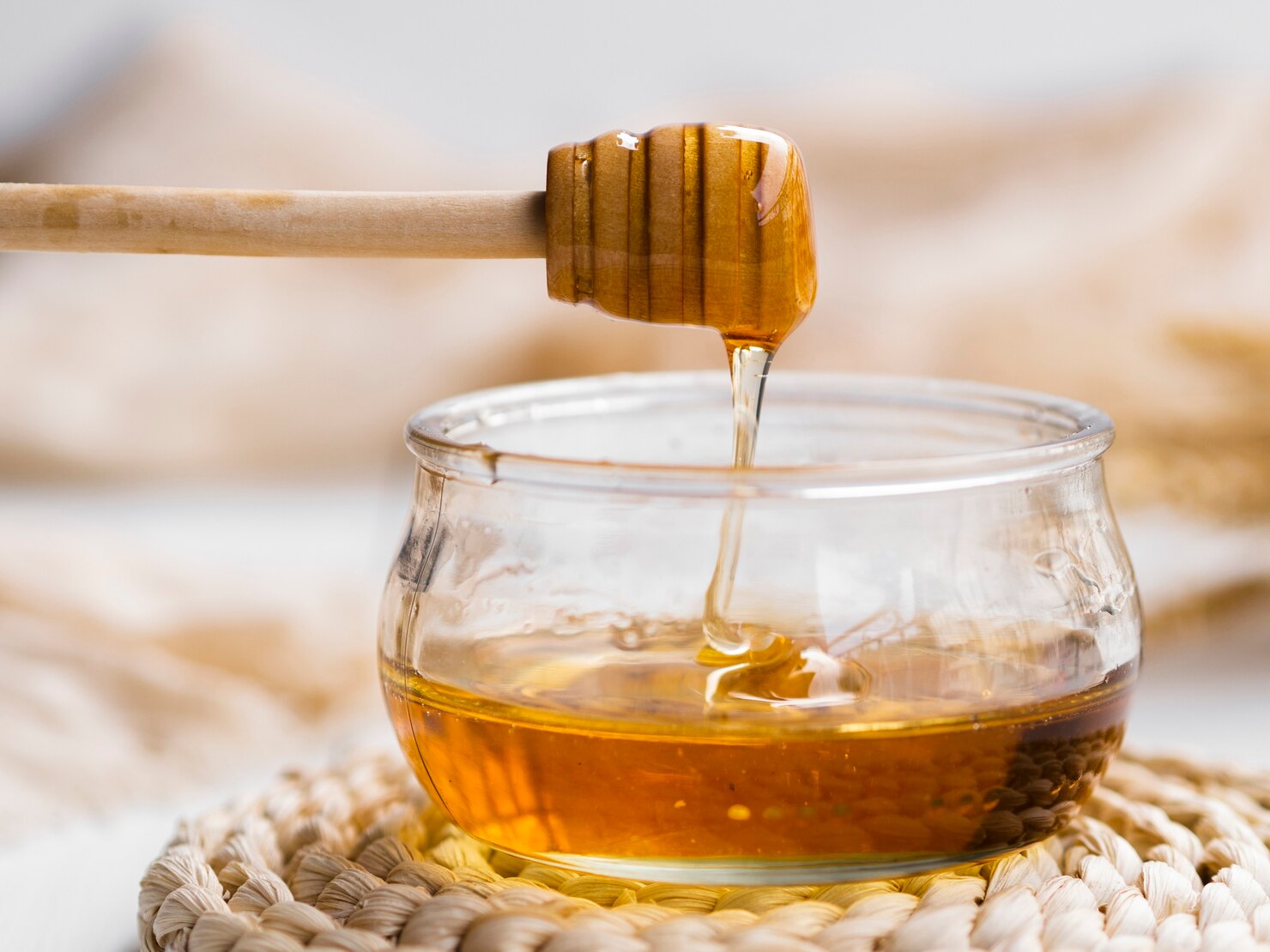USM Expert Says 90% Of Honey Sold In Malaysia Is Fake
Dr Mohd Zulkifli Mustafa said counterfeit honey poses a huge threat and challenge to the industry.
90% of the honey sold in Malaysia is fake, says an expert from Universiti Sains Malaysia (USM)
USM School of Medical Sciences' Department of Neurosciences senior lecturer Dr Mohd Zulkifli Mustafa said most of the honey available in the country's market are counterfeit products, which is a huge threat to real honey producers and beekeepers.
As the principal researcher of stingless bee honey at USM, Mohd Zulkifli said laboratory tests are, unfortunately, required to identify genuine honey, which has benefits in terms of content, efficacy, and quality, compared to counterfeit products.
"Honey is a complete food in terms of energy, protein, vitamins, good bacteria, and antioxidants," he said, adding that medical studies have also found that honey can alleviate inflammation caused by bacterial infections, pressure or stress, as well as help fight obesity, ageing, and certain chronic diseases.
"However, the biggest challenge for the honey industry now is the presence of counterfeit honey, which accounts for 90% of the market," he told the New Straits Times.
USM School of Medical Sciences' Department of Neurosciences senior lecturer Dr Mohd Zulkifli Mustafa.
Image via Universiti Sains MalaysiaAs an advocate for genuine honey, Mohd Zulkifli leads USM's stingless bee honey research project, which involves 4,000 farmers in the development and creation of commercialised stingless bee honey
According to the USM website, Mohd Zulkifli's earlier work on the use of honey to improve memory and learning motivated him to look for ways to optimise Malaysia's output of high quality honey.
He created a machine that extracts honey from stingless bees, ensuring its good taste and hygiene. There is less demand for this honey, due to its sour taste compared to common honey.
"By using the available technology, we have invented a customised filter to dehydrate the honey, raising its quality and value," said the USM School of Medical Sciences lecturer.
He added that his bee conservation project is also beneficial to the nation's biodiversity and ecology through the pollination done by the kelulut bees.
The initiative, called 'Kelulunomic', hopes to ensure the continuous supply of genuine honey in the market as well as provide job opportunities and become a sustainable source of income for low-income Malaysians in rural areas.
Honey is the third-most faked food in the world, behind milk and olive oil
According to Business Insider, manufacturers either dilute real honey with syrup derived from plants, such as high-fructose corn syrup, or chemically modify the sugars in those syrups to make them look like real honey.
Undercut by the cheaper alternative, honey producers bear the economic brunt of having counterfeit honey available to consumers in the market.

